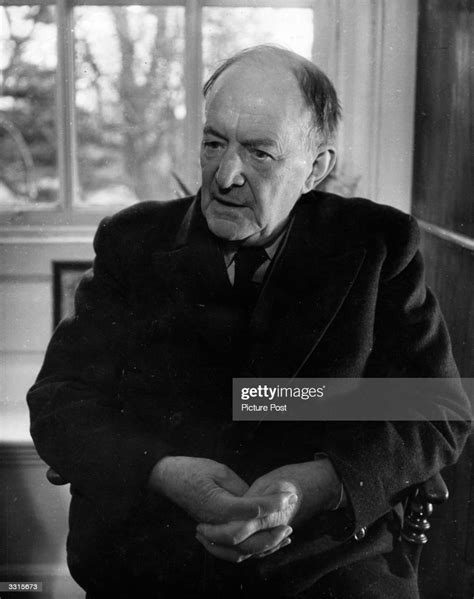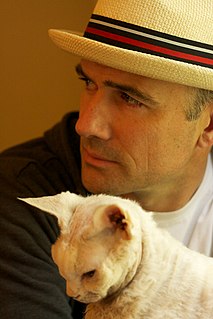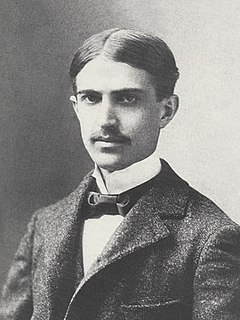A Quote by Walter de La Mare
What a haunting, inescapable riddle life was.
Quote Topics
Related Quotes
But the solution to the riddle of life and space and time lies outside space and time. For, as it should be abundantly clear by now, nothing inside a frame can state, or even ask, anything about that frame. The solution, then, is not the finding of an answer to the riddle of existence, but the realization that there is no riddle. This is the essence of the beautiful, almost Zen Buddhist closing sentences of the Tracticus: "For an answer which cannot be expressed the question too cannot be expressed. The riddle does not exist."
Not only is there no guarantee of the temporal immortality of the human soul, that is to say of its eternal survival after death; but, in any case, this assumption completely fails to accomplish the purpose for which it has always been intended. Or is some riddle solved by my surviving forever? Is not this eternal life itself as much of a riddle as our present life?
The scientist is not much given to talking of the riddle of the universe. "Riddle" is not a scientific term. The conception of a riddle is "something which can he solved." And hence the scientist does not use that popular phrase. We don't know the why of anything. On that matter we are no further advanced than was the cavedweller. The scientist is contented if he can contribute something toward the knowledge of what is and how it is.
I could say I believe in every drop of rain that . . . Well, I believe life is a Zen koan, that is, an unsolvable riddle. But the contemplation of that riddle--even though it cannot be solved--is, in itself, transformative. And if the contemplation is of high enough quality, you can merge with the divine.
He [Zampano] probably would of insisted on corrections and edits, he was his own harshest critic, but I've come to believe errors, especially written errors, are often the only markers left by a solitary life: to sacrifice them is to lose the angels of personality, the riddle of a soul. In this case a very old soul. A very old riddle.





































